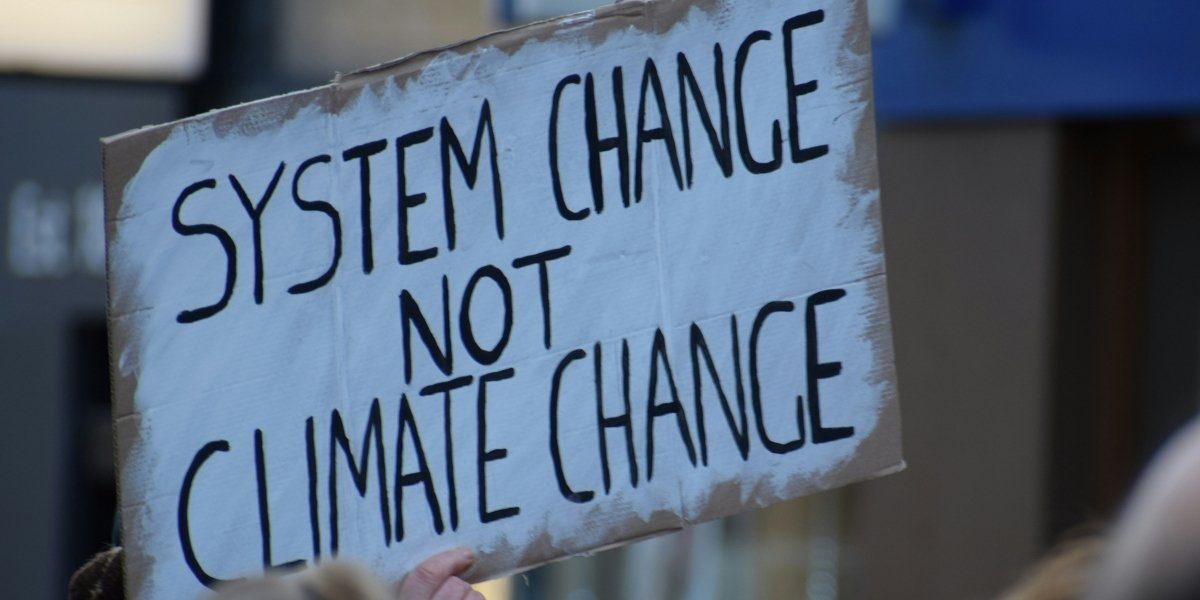How Is Climate Change Affecting Human Health?
The impact of climate change and health has become an urgent global concern, as shifts in weather patterns and increasing environmental degradation threaten human well-being. From air pollution to extreme weather events and the rise in infectious diseases, climate change is reshaping the environmental health landscape in ways that were once unforeseen. As the planet warms, heatwaves become more frequent, and the global population faces growing challenges related to food insecurity and public health. This article explores how extreme weather and health are intertwined, and why we must act quickly to mitigate these effects.
Read Also: How Aura Beauty Enhances Mindfulness and Holistic Wellness
How Does Air Pollution Relate to Climate Change and Health?
One of the most visible and harmful effects of climate change is the rise in air pollution, which has a direct impact on human health. As temperatures increase, air quality worsens, particularly in urban areas. The burning of fossil fuels contributes to both greenhouse gas emissions and the release of particulate matter, which can exacerbate respiratory diseases like asthma and chronic obstructive pulmonary disease (COPD).
Research indicates that poor air quality not only worsens existing health conditions but also increases the risk of heart disease, stroke, and even cancer. Vulnerable populations, including children, the elderly, and individuals with pre-existing health conditions, are disproportionately affected by air pollution.
As climate change accelerates, so too does the intensity of air quality issues, creating a vicious cycle that exacerbates the burden of disease, particularly in regions already struggling with air pollution.
What Are the Health Impacts of Extreme Weather Events?
Extreme weather events, such as heatwaves, floods, and hurricanes, are becoming more frequent and intense due to climate change. These extreme events not only lead to immediate injury and loss of life, but they also compromise long-term health.
Heatwaves, for instance, can cause heat stress, dehydration, and heat-related illnesses, particularly in cities where the urban heat island effect traps heat and exacerbates the effects. Vulnerable groups, including elderly individuals, pregnant women, and those with cardiovascular conditions, are at higher risk.
Flooding, driven by more intense rainfall and storm surges, can lead to an increase in waterborne diseases, such as cholera, and may also disrupt food and water supplies, leading to nutrition deficiencies and food insecurity. Moreover, hurricanes and wildfires are destroying homes, increasing the mental and physical health burden on affected communities.
The growing frequency and severity of these weather events underscore the urgent need for climate adaptation strategies to protect vulnerable populations from the health risks of extreme weather.
How Is Climate Change Affecting the Spread of Infectious Diseases?
Climate change is also contributing to the spread of infectious diseases in regions where they were previously uncommon. Vector-borne diseases, such as malaria and dengue fever, are expanding into areas with rising temperatures, as the mosquitoes that carry these diseases thrive in warmer climates.
Changing rainfall patterns also affect the spread of waterborne diseases like diarrheal infections. Flooding and extreme weather events disrupt sanitation systems, making communities more susceptible to these diseases. In fact, some regions are already seeing an increase in outbreaks as a result of changing climatic conditions.
The spread of infectious diseases is compounded by the global movement of people, further exacerbating the public health risks associated with climate change. As such, combating the health effects of climate change requires both global cooperation and localized public health strategies.
What Role Does Food Insecurity Play in Health and Climate Change?
Food insecurity, exacerbated by climate change, is another critical factor affecting global health. Extreme weather, including droughts and floods, disrupts crop yields and reduces the availability of nutritious food. Additionally, rising temperatures can reduce the nutrient content of staple crops, contributing to malnutrition and undernutrition in vulnerable populations.
When communities face food shortages, they are forced to rely on less nutritious or processed foods, which contribute to obesity, diabetes, and heart disease. Furthermore, limited access to food creates barriers to healthcare, particularly in developing countries, where resources for combating disease and malnutrition are already scarce.
Addressing food insecurity requires not only mitigating climate change but also fostering sustainable agriculture and resilient food systems to ensure access to safe, healthy food for all.
How Can We Mitigate the Health Impacts of Climate Change?
To effectively mitigate the health impacts of climate change, global efforts must focus on both adaptation and mitigation strategies. Reducing greenhouse gas emissions is critical to slowing the pace of climate change and limiting the health risks associated with air pollution and extreme weather events. Governments should also invest in public health infrastructure, ensuring that communities are equipped to handle climate-related health threats.
Additionally, early warning systems for extreme weather events, such as heatwaves and floods, can help minimize the risk to public health by providing communities with the necessary information to take protective actions. Enhancing global surveillance systems for infectious diseases and improving water and sanitation infrastructure are also key components of a comprehensive approach to climate change and health.
Read Also: Understanding TMJ Disorder and How to Treat It Effectively
Collaboration between governments, international organizations, and the public is essential to creating resilient systems that protect human health while addressing the broader challenge of climate change.







